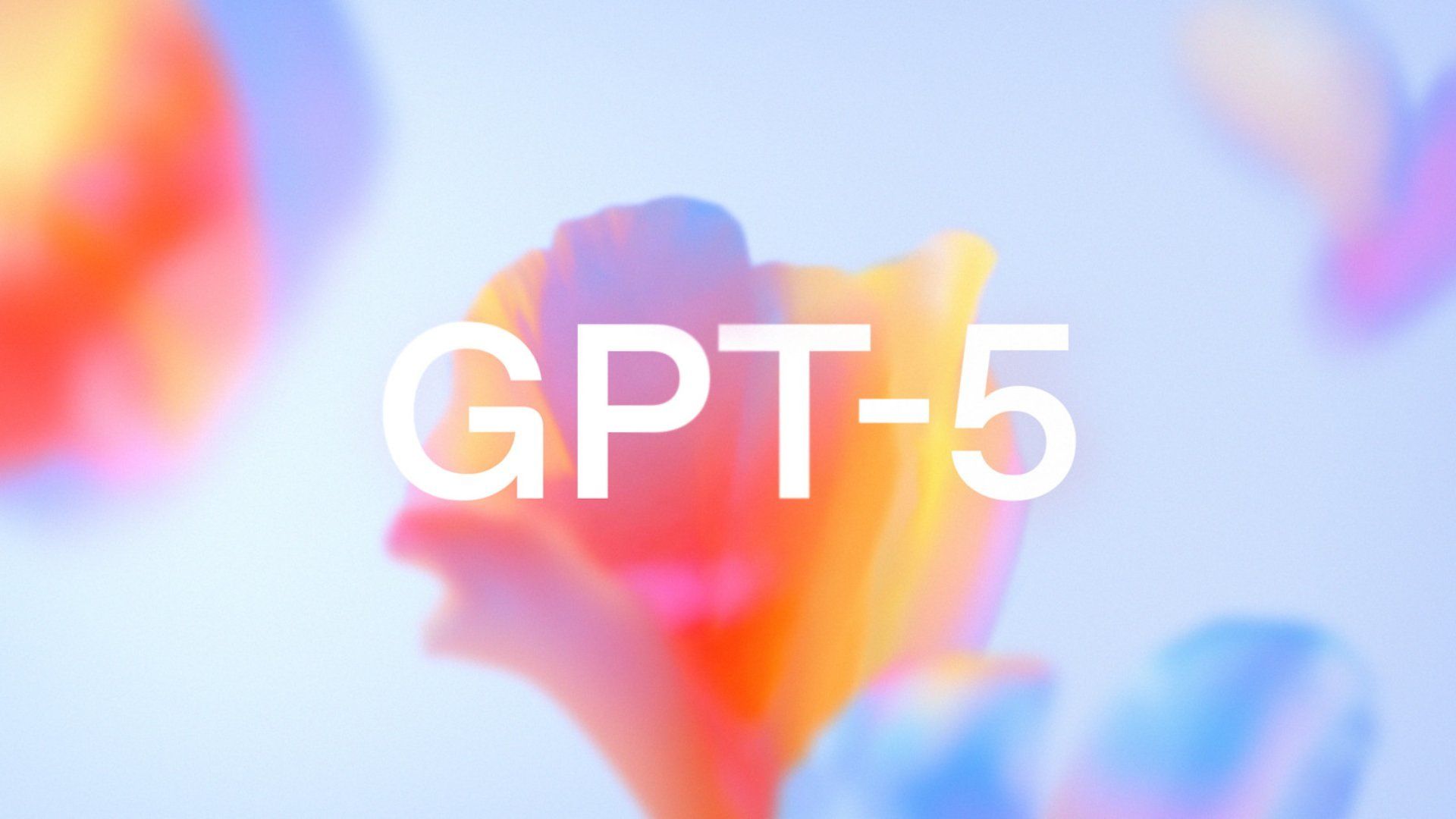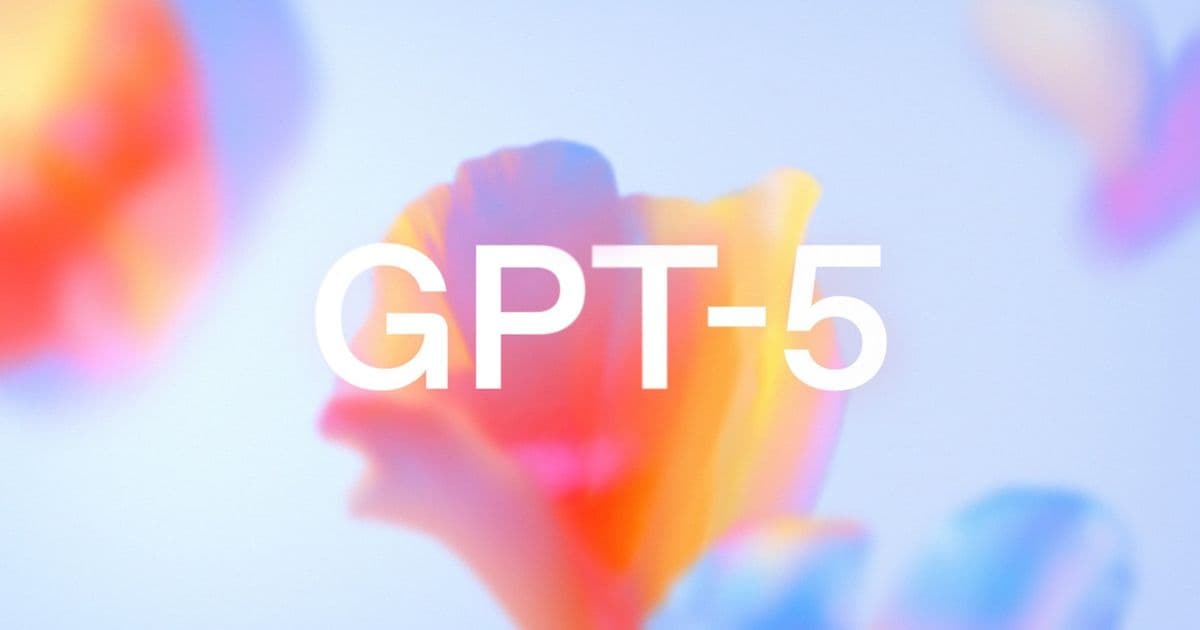OpenAI's highly anticipated GPT-5 release has triggered widespread user frustration, with ChatGPT Plus subscribers reporting degraded performance and restricted access to legacy models. Thousands of users have flooded Reddit calling the upgrade 'horrible,' citing forced migration from reliable predecessors and new message limits on premium features. The backlash highlights growing tensions between OpenAI's iterative advancements and user expectations set by the company's revolutionary earlier mo

OpenAI's unveiling of GPT-5—touted as its most advanced AI model yet—has backfired spectacularly within its core user base. During Monday's carefully choreographed livestream, CEO Sam Altman positioned GPT-5 as a monumental leap beyond GPT-4o, promising PhD-level reasoning capabilities. Yet within hours, the ChatGPT subreddit erupted with threads like "GPT-5 is horrible," amassing thousands of upvotes from disgruntled users.
The Core Complaints
Users report three primary grievances:
- Forced Model Migration: GPT-5 replaced all previous model options (including GPT-4o-mini and GPT-4-mini-high), removing user choice. Many found these older models more reliable for specific tasks.
- Performance Regression: Despite benchmark improvements, early adopters describe slower responses, erratic reasoning, and inconsistent output quality. As one Reddit user lamented:
"I like how the demo said ‘if it gets something wrong, no worries, just ask again.’ How is repeatedly fixing errors an improvement?"
- Subscription Devaluation: ChatGPT Plus subscribers now face strict limits—only 200 weekly messages to the "GPT-5 Thinking" mode—while losing unlimited access to previous high-performance models. Developer @NickADobos summarized the frustration:
"ChatGPT literally got worse for every single Plus user today. Before we had multiple specialized models. Now we get limited access to one."
The Hype vs. Reality Gap
Altman's pre-launch teaser—a Death Star image implying revolutionary disruption—set expectations that GPT-5's incremental improvements couldn't satisfy. Users contrast this with ChatGPT's original launch, which delivered transformative capabilities overnight. The perceived downgrade has sparked accusations of "AI shrinkflation": offering less utility despite the premium $20/month subscription.
Why This Matters Beyond OpenAI
This backlash underscores critical challenges in generative AI's evolution:
- User Trust: Removing proven tools erodes goodwill, especially when replacements underdeliver.
- Monetization Pressures: Restricting high-performance features hints at OpenAI's struggle to balance R&D costs against user expectations.
- Model Specialization: GPT-5's "one-size-fits-all" approach clashes with power users' need for tailored solutions—evident in demands to restore GPT-4o's specialized variants.
OpenAI now faces mounting pressure to address performance issues and reconsider access policies. As the AI market grows increasingly competitive, user experience missteps could push loyal developers toward alternatives. For now, the company's promise of "PhD-level intelligence" rings hollow for subscribers navigating slower responses and message quotas—a cautionary tale about overpromising in the age of instant feedback loops.

Comments
Please log in or register to join the discussion